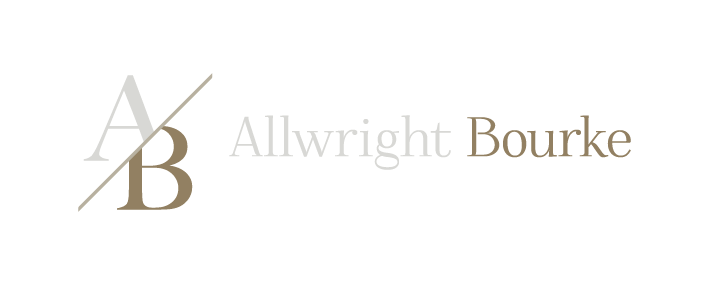
WHAT ARE THE ADVANTAGES & DISADVANTAGES OF A DISCRETIONARY FAMILY TRUST?
Advantages:
- Asset protection: Assets in a discretionary trust are protected from creditors and legal claims.
- Creditor protection: Assets in a trust are generally protected from creditors and legal claims. For example – John Smith has an outstanding debt of $100,000. The creditor can not take any assets that John Smith owns in a Family Trust as they are not John Smith’s personal assets and are at arms length.
- Liability protection: Trusts can provide liability protection for the grantor and beneficiaries, particularly in high-risk professions such as medical or legal practice. For example f you own your own a business especially as a sole trader or where you are personally liable as a Director; it is important to ensure your personal assets ( such as home, investment properties ) are at arms length and protected if you ever get sued.
- Protection from bankruptcy: Trust assets may be protected from bankruptcy proceedings.
- Protection from divorce: Trust assets may be protected from division in a family law property settlement but are not always effective in providing full protection. We suggest a discretionary trust and a Binding Financial Agreement (‘prenup’ and/or “postnup”) for more comprehensive protection).
Note: Asset protection laws vary by jurisdiction and the specific protection offered by a discretionary trust may vary based on individual circumstances.
- Estate planning: A trust allows for more control over distribution of assets to beneficiaries
- Control over asset distribution: A trust allows the grantor to have more control over the distribution of assets to beneficiaries, rather than relying on a will.
- Avoidance of probate: Assets in a trust do not need to go through probate, which can save time and money, as well as maintaining privacy.
- Continuity of wealth: Trusts can provide for the continuity of wealth from one generation to the next and children and extended family are often a class of beneficiaries under the Trust.
- Protection for beneficiaries: Trusts can provide protection for beneficiaries, particularly those who are minors, disabled, or inexperienced with managing money.
- Flexibility: Trusts can be structured in a way that allows for changes to be made in response to changing circumstances or updated Laws ( provided the trust deed if correctly drafted).
- Protect the Estate from Family Provision Claims. Assets owned by a Family Trust are not considered asset of the estate and can not be subjected to any claims for a disputed Will.
Note: Estate planning laws vary by jurisdiction and the specific benefits of a discretionary trust may vary based on individual circumstances.
- Tax benefits: Trusts can provide tax benefits, such as
- Reduced estate taxes: Assets in a trust are not considered part of the grantor’s estate and are therefore not subject to estate taxes.
- Income tax savings: Trusts can distribute income to beneficiaries in lower tax brackets. For example if the wife earns more in her day job then the husband, the family trust could distribute more income to the husband, resulting in overall income tax savings.
- Capital gains tax reduction: Capital gains tax may be reduced through the use of a trust by taking advantage of the lower tax rates for long-term capital gains and qualified dividends.
- Reduced tax – rather then paying income to individuals and being subject to PAYG tax levels, the trust can distribute income to the Trustee company as the company tax rate.
- Deductible expenses: Certain expenses related to trust administration may be tax-deductible.
Note: Tax laws are subject to change and the specific benefits of a discretionary trust may vary based on the individual circumstances and state/federal laws. Be sure to get financial advice on your situation.
- Confidentiality: Trusts offer privacy and confidentiality, as they do not appear on public records.
Disadvantages:
- Complexity: Trusts can be complex and difficult to set up and manage. Many individuals have Trusts but do not understand them. Make sure you really understand what Trust is and why you need it. Do not blindly following advice from friends or family about needing a Trust. Go get proper legal and financial advice from a qualified lawyer and accountant.
- Cost: Setting up and maintaining a trust can be expensive due to legal and yearly accounting fees. Make sure the financial benefit of having a Trust is actually more then the cost of establishing and operating a Trust.
- Loss of control: Once assets are transferred to a trust, the grantor loses direct control over them. The asset is not your personal asset.
- Difficulty getting finance to buy assets in a Trust.
- Inflexibility: Discretionary trusts have limitations on how assets can be used and distributed, which can limit their use in certain situations.
If you are considering a Discretionary Family Trust be sure to get both legal and financial advice.
By Jessica Bourke
Senior Solicitor & Director
